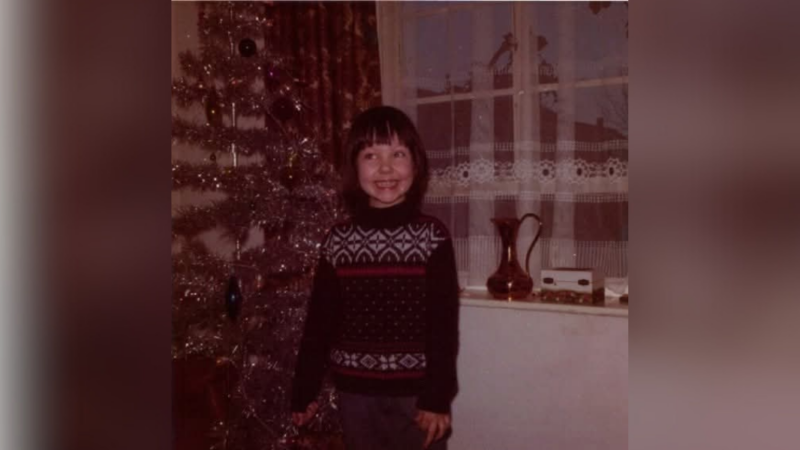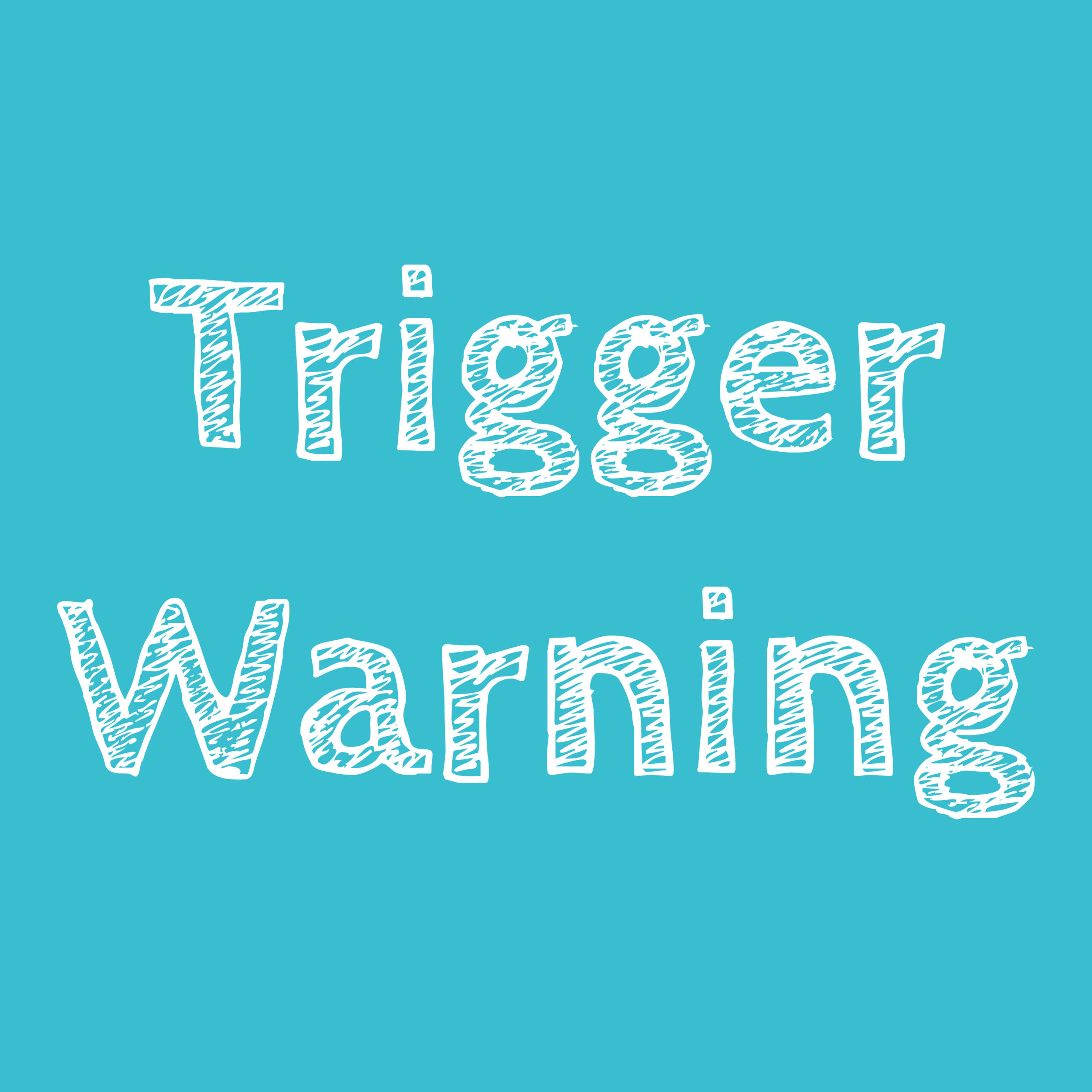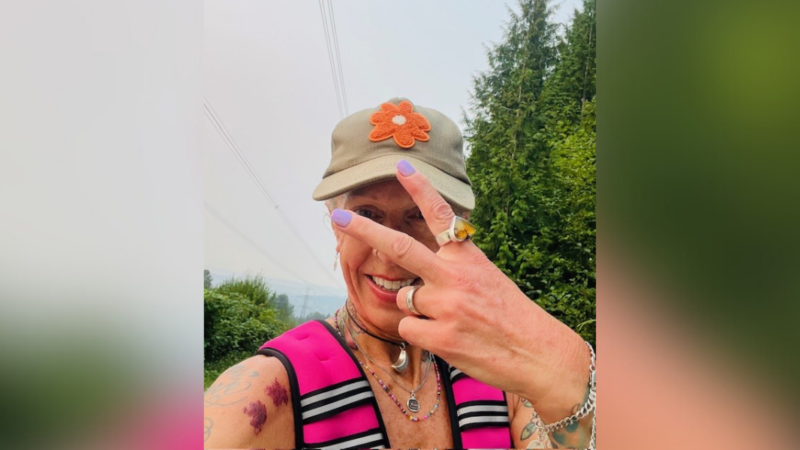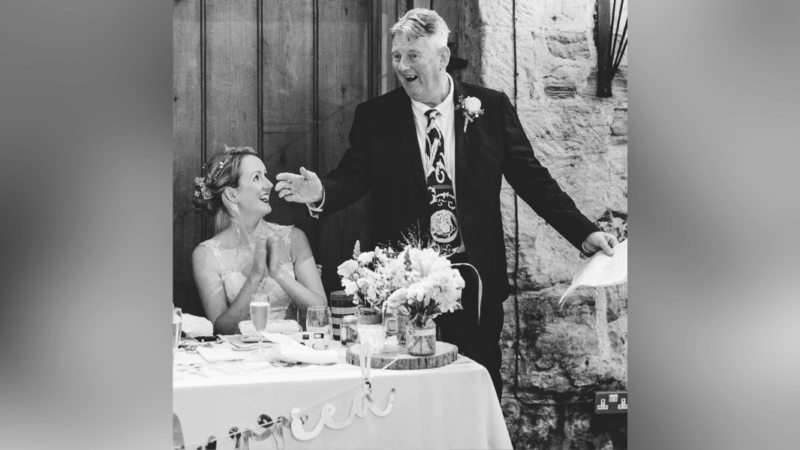

My
mother has been an alcoholic for thirty years. Now, she is in and out of
hospital, but still in denial. Blood pressure problems, stroke, confusion and
various other ailments, are all explained away. Even now, near the end, she is
in denial. The three men that have filled her life in the last ten years have
also been alcoholics, so the denial is reinforced.
I was the first one to mention that she may have an alcohol problem, when I was
15, following an argument between my parents. I had already left home by then.
The encounter led to a period of ostracizement from the family home, which only
ended after my grandmother died 2 years later.
A further 5 years down the line and arguments about the effects of her drinking
on my two younger sisters led to another period of enforced absence from the
home. I’m 38 now, and the tables have long since turned. My mother constantly
seeks my approval, now that I’m no longer dependent on her approval. But it
still feels like I’m ‘carrying’ her problem for her, because she never admitted
she had one; she never admitted what she did to us—me—through her drinking. So
I have to take the weight off myself, little by little.
Although I personally paid a heavy price for my mum’s alcoholism, both in
childhood and adulthood, I understood enough as a young adult to bring some
much-needed perspective to my sisters’ lives, such that they are not lacking in
confidence as they might otherwise have been. But we are all damaged. Make no
mistake about that. I know you won’t.
I understand the effects very clearly now and though I have managed to break
the cycle, the haunting feeling of inadequacy that visits me daily is a reminder
that some things take an age to heal. But these days, it’s more of a visiting
ghost than the monster it used to be.
I
was 26 when I really started to understand the full extent of the effects, and
by then, I’d already been practising my own patterns of guilt and shame for
nearly twenty years. It may take 20 years before I’ve practiced enough good
habits to really feel at peace. But it’s a job I do in earnest, because to do
otherwise is to live in misery. At some point, you just have to choose to be
happy, in spite of everything. It’s the hardest thing just to be happy or
content with yourself.
I’ve achieved a reasonable amount. I’m happy I managed to do something
eventually. I went to university late as a mature student and did very well.
I’m now in a good job that actually involves a lot of work with alcohol
studies. Being the child of an alcoholic has probably made me quite analytical,
and I’ve been lucky to channel that positively for work.
I’m in a good relationship, with another child of an alcoholic who shares a lot
of the same understanding. I’ve only had one bad relationship where a woman
abused me for some time before I finally decided I deserved better. That was
difficult, breaking out of that, but sometimes
breaking a relationship is a sign of strength, not a failure stemming from your
past. We are all learning to make wise decisions.
I’m optimistic about the future. I believe and trust in myself now in a way
that was impossible when I was younger. I was abandoned and abused, but
eventually I looked in the mirror and found the child that was lost. It was
heart-breaking to see him, but finally to be seen after so many years of hiding
was hugely liberating. In understanding my own pain, in sharing it with myself
as an adult, I’m sure I broke the cycle.
I
have comforted myself and been comforted through much of the ‘remembering’ and
I have constantly to remind myself to be patient. But I trust myself now. I’m
no longer the ‘problem’ child. From about age 7 upwards, when my mother came
home drunk, she would pick a fight and then say I had an evil dark spot inside
that was going to eat me up. It was a misunderstanding. I understood she had a
problem; she didn’t and so she thought it must be my problem. That dark spot
has now become the source of my compassion, whenever I see someone else in a
dark place.
I have my own child now and I cherish him. I give him space, I try not to be
controlling and I try not to smother him emotionally, no maudlin sentiment. I’m
so aware of the mistakes my mother made, but I’m also aware that in trying to
avoid those, I might create a whole different kind. But I’m confident too. I
reclaimed my own inner child a long time ago, and that means I can really share
the joy with my own child.
That
is the pattern. I fear something negative but then have to reassure myself
positive. I’m always aware of the negative, thanks to the pain of self-doubt.
The work for me is to see the good in myself and in others.
I try hard and I learn all the time. The wagging finger is put away as soon as
it appears. It makes me smile when I see it. I turn away the minute I raise my
voice, to calm my feelings, and I look for the feelings of powerlessness that
are unsettling me. I invariably find my mother’s voice in there somewhere.
That
is a hard part of the journey: constantly seeing pitfalls in yourself put there
by others. So much of your life is ‘lost’ in the process. But when you see a
hole, smile, fill it up and be on your way. Smiling is important. You are
reassuring yourself. You see the craziness of it all. But you are not afraid of
it anymore. They are just ghosts. There is no need to run away. They are
memories of pain. And it only hurts because you care. Oh, how you care!
In many ways, my own struggles have also become my own guidebook to a healthy
relationship and a reasonably content life. Not so simple as ‘don’t do what she
did’, but definitely a reason to pause and think something through, and
especially, to take it on advice. There is loads of good advice out there, and
good people.
I wish you all luck in your own journeys. I hope my words are a comfort that
you can create something good out of something bad, and thereby transcend and
transform it.
Thanks to all those who’ve sent in their own stories. This site has often brought me perspective and comfort, I’m truly grateful.





























































































